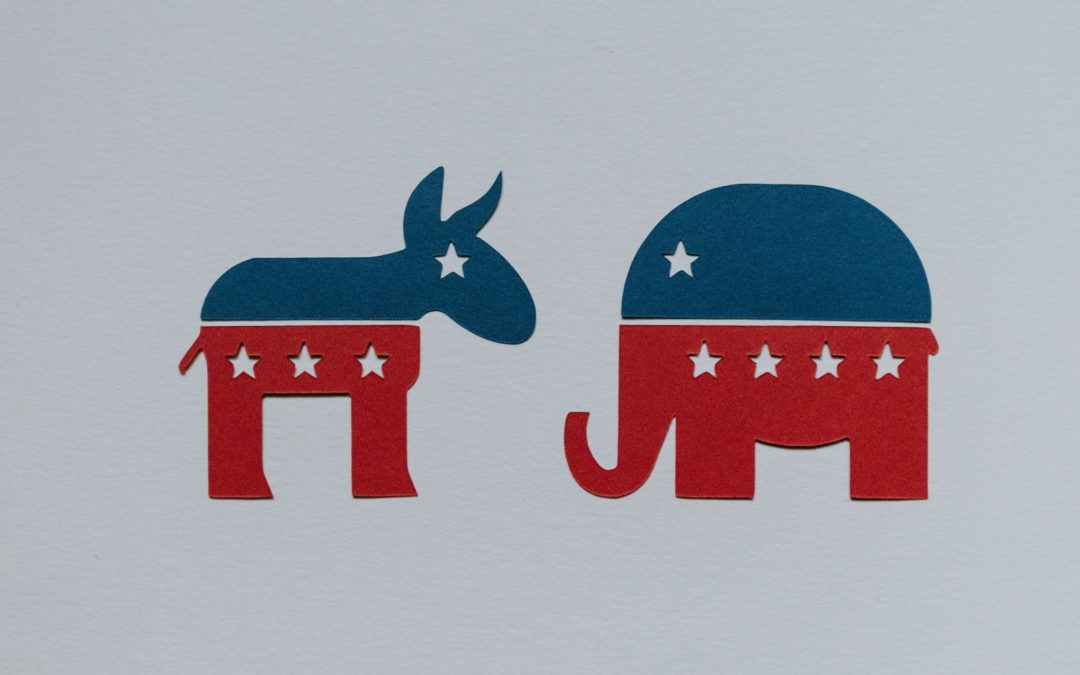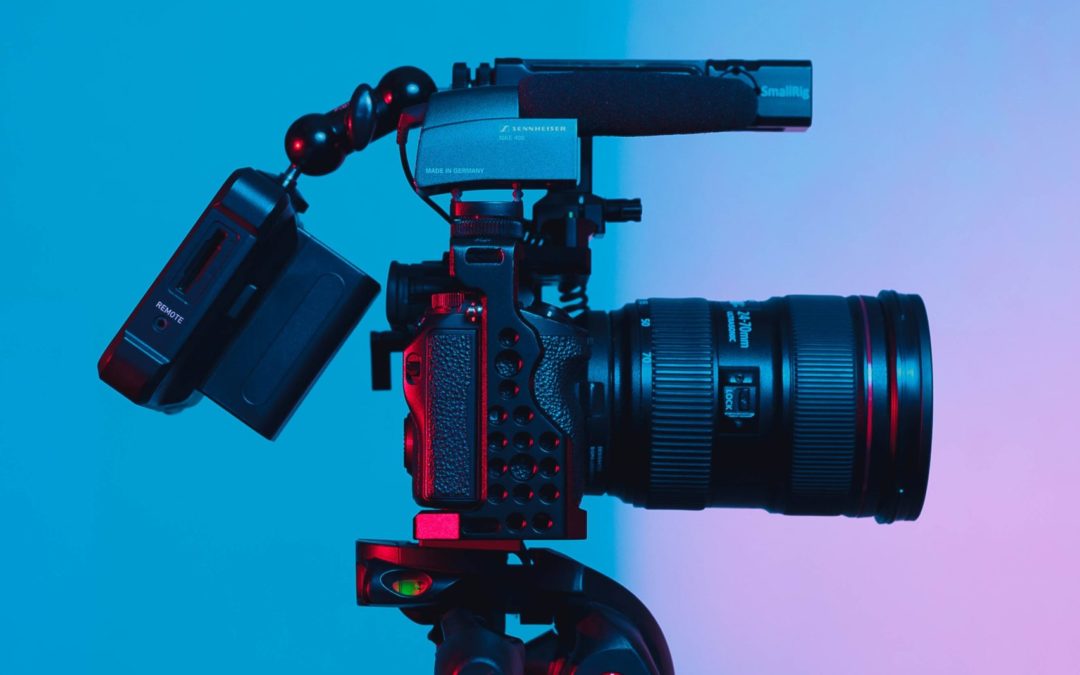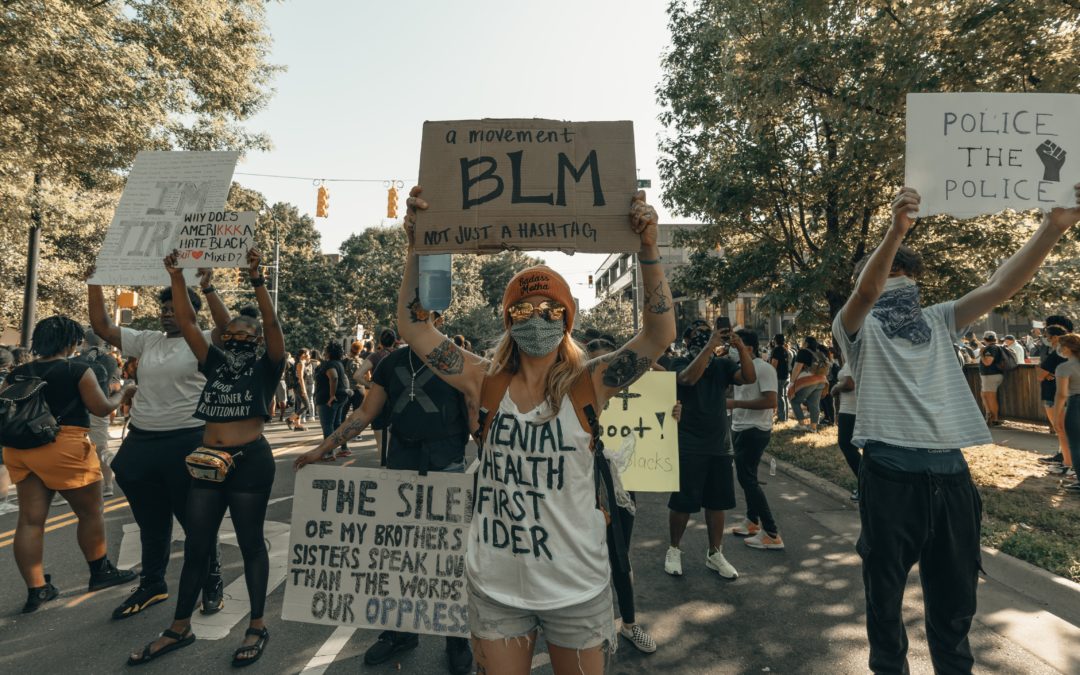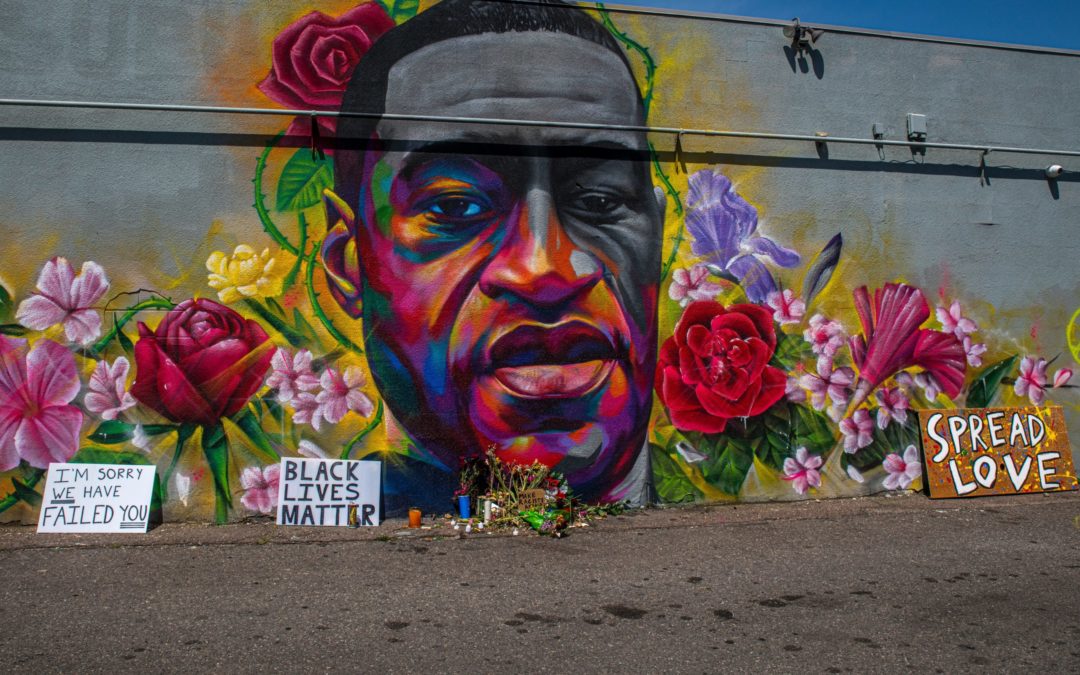
by Laghe Andrews | Aug 2, 2023 | Latest, POLITICS |
As the political landscape in Alabama heats up, the stage is set for a fierce clash between determined voters and the state’s Republican-led lawmakers over a contentious issue: the revised congressional district map. The conflict arises from allegations that the new map directly contradicts federal court rulings, prompting residents to rally against what they perceive as a violation of voting rights and the democratic process.
A group of state voters is taking a stand, sending a powerful message that they refuse to let the alleged transgressions of their representatives go unchecked. In a statement that echoes their determination, the voters assert, “The Alabama Legislature believes it is above the law,” exposing a growing divide between elected officials and the citizens they serve.
At the heart of this dispute lies a recent U.S. Supreme Court decision on June 8, which favored Black voters, constituting 27 percent of the state’s population. This move is seen as a crucial step in upholding the principles of the Voting Rights Act and ensuring equitable representation for all.
However, the path to compliance has been fraught with controversy. Allegations have surfaced that the Republican-led society disregarded the spirit of the Voting Rights Act in their pursuit of redistricting. The reported modifications in the new map purportedly lead to an augmentation of Black voters’ presence in the predominantly white 2nd Congressional District. However, concurrently, they result in a reduction of the Black voting-age population in the state’s solitary majority-Black district, now standing at 50.65 percent.
Rep. Chris England, a Black lawmaker from Tuscaloosa, provides poignant insight into the situation. He points out that significant changes often occur in Alabama only when federal court orders are in place, emphasizing the need for external intervention to ensure adherence to the law.
The confrontation between voters and lawmakers in Alabama underscores the ongoing struggle for fair representation and the essential role of checks and balances in a democratic society. As tensions rise and the battle for a just and equitable electoral system intensifies, the collective determination of citizens to hold their elected officials accountable remains steadfast.
The aftermath of this confrontation is bound to extend its influence significantly, not just within the confines of Alabama but across the broader spectrum of discussions related to voting rights and the foundational tenets of democracy. As voters assert themselves in opposition to established norms and insist on the upholding of legal norms, the reverberations of their quest for equity extend beyond geographical boundaries. This endeavor serves as a powerful reminder that the potency of a democracy lies in its dedication to impartiality, openness, and the collective voice of its citizens.

by Derrick T Lewis | Aug 2, 2023 | Latest, Social Justice, Uncategorized |
A solemn chapter in the quest for justice unfolds as former Shreveport Police Department officer Alexander Tyler appears in court, entangled in the aftermath of the fatal shooting of Alonzo Bagley, a Black man whose life was tragically cut short. The proceedings, which took place on July 24, marked a pivotal moment in a case that has drawn nationwide attention and heightened calls for accountability within law enforcement.
In a courtroom charged with emotion, Alexander Tyler, a white former officer, entered a plea of not guilty to charges stemming from the shooting incident that claimed the life of Alonzo Bagley in February. Tyler faces charges of first-degree negligent homicide and felony malfeasance, with prosecutors recently adding a second felony charge to the list. If found guilty, both counts carry potential sentences of up to five years in prison, a reflection of the gravity of the accusations.
The events leading up to the fatal encounter were captured on bodycam footage, a chilling testament to the realities of this tragic incident. The events transpired on February 3 when law enforcement were called to an apartment complex in the Shreveport, Louisiana region following reports of a domestic disturbance. What followed in the wake of their arrival would reverberate deeply within the community. Alonzo Bagley, a 43-year-old Black man, chose to escape the clutches of the authorities by vaulting from a balcony, setting in motion an intense pursuit on foot that would hold the attention of all those involved.
The bodycam footage revealed the pivotal moments that culminated in tragedy. As officers closed in on Bagley, Alexander Tyler discharged his weapon, striking Bagley in the chest. The visual documentation of the encounter has ignited a wave of outrage and intensified demands for transparency and accountability within the criminal justice system.
Proponents of accountability argue that while law enforcement officers indeed face perilous situations, the public expects that they will exercise sound judgment and adhere to strict guidelines, particularly when it comes to the use of lethal force. Tyler’s legal history, including two suspensions from the force and an ongoing investigation into previous violations, casts a shadow over his actions and raises questions about his fitness to serve as a protector of the community.
In response to these deeply troubling developments, community leaders, activists, and concerned citizens are rallying for a thorough and impartial investigation. The case of Alonzo Bagley’s death echoes a larger nationwide conversation about systemic issues within law enforcement and the urgent need for reform.
As the legal proceedings unfold, the outcome of this case will undoubtedly have significant implications, not only for the individuals involved but also for the broader movement for justice and accountability. The plea of not guilty signifies the beginning of a complex journey towards truth and justice, one that will require a steadfast commitment from all corners of society to ensure that the memory of Alonzo Bagley is honored and that incidents like this never happen again.

by Jonathan P-Wright | Jul 31, 2023 | Latest, Social Justice |
Photo by Sirisvisual on Unsplash
In a bold move against the Los Angeles Police Department, a prominent Black filmmaker is breaking his silence and taking legal action following a disturbing incident involving law enforcement officers. Damien Smith, an acclaimed documentary filmmaker, is shedding light on an encounter with the police in 2021 that left him deeply affected and compelled to pursue justice.
Speaking exclusively with the LA Times, Damien Smith shared his harrowing experience, which he believes was tainted by racial bias. The incident occurred on a fateful day in October 2021 when Smith returned to his apartment only to find an intruder unlawfully holding his belongings. Despite the seriousness of the situation, Smith chose to call 911, believing that justice and safety would be upheld.
However, what followed was an unexpected and distressing turn of events. When the police arrived at the scene, instead of apprehending the intruder, they subjected Smith to multiple taser shocks, leaving him in shock and disbelief. As a filmmaker actively working on a project addressing police brutality, Smith couldn’t help but wonder if there was a racial component to the way he was treated by law enforcement.
Once the officers confirmed Smith’s residency, they promptly released him, but no apologies were offered for the unjust use of force. Meanwhile, the intruder, Demani Coats, was later arrested and convicted of burglary in July 2022, raising further questions about the disproportionate actions taken against Smith.
In response to this traumatic incident and the subsequent lack of accountability, Damien Smith made the difficult decision to file a lawsuit against the Los Angeles Police Department. The lawsuit reflects the physical and emotional toll the encounter had on him, citing injuries to his chest, back, and nervous system, as well as the immense embarrassment and public ridicule he endured.
The allegations against the department are serious, encompassing charges of false arrest, assault, battery, intentional infliction of mental distress, and violation of civil rights. Smith is determined to hold the police accountable for their actions and highlight the urgent need for proper training to prevent similar incidents from happening to others.
For Damien Smith, this lawsuit is not just about seeking compensation or retribution; it is a plea for justice and an urgent call for change. As a filmmaker who has devoted his career to shedding light on social injustices, he now finds himself at the center of the very narrative he has been capturing on film. His courage to speak out against the injustice he experienced is inspiring a broader conversation about the need for comprehensive reform within law enforcement agencies.
The story of Damien Smith resonates deeply with the broader social justice movement, drawing attention to the ongoing struggle for racial equity and accountability in policing. His unwavering commitment to seeking justice serves as a rallying point for those advocating for change and a reminder that there is still much work to be done to achieve a more just and equitable society.

by Jonathan P-Wright | Jul 28, 2023 | Latest, Social Justice |
Photo by Clay Banks on Unsplash
A significant chapter in the fight for justice and accountability has been written as New York City reaches a historic settlement with hundreds of George Floyd protesters who faced unlawful tactics at the hands of local police during the turbulent events of 2020. The proposed agreement, recently filed in a Manhattan federal court, represents a groundbreaking moment, with the city agreeing to pay over $13 million in the largest class-action settlement ever awarded to a group of protesters.
As reported by CNN, a historic settlement has been reached, representing a monumental outcome in response to a class-action lawsuit brought forth on behalf of an impressive number of approximately 1,380 protesters. These individuals were arrested by the New York City Police Department during a series of 18 fervent demonstrations held across the city during the period of May and June in 2020. The successful resolution of this lawsuit stands as a testament to the power of collective action and the unwavering determination of those seeking justice and accountability for alleged misconduct. With this momentous settlement, those impacted by the events surrounding these protests may find solace and recognition, as the legal process takes significant strides towards addressing the grievances and concerns raised during this tumultuous period in the city’s history. The landmark nature of this settlement not only reaffirms the rights and liberties of peaceful protesters but also underscores the importance of holding authorities accountable for ensuring that those rights are upheld and protected in any civil society. This pivotal case serves as a beacon of hope for others seeking redress and serves as a critical milestone in the ongoing journey towards fostering a more just and equitable society for all. The terms of the agreement will provide eligible individuals with compensation of $9,950 each, pending approval by a judge.
The lawsuit sheds light on a series of troubling allegations against the authorities, accusing them of employing aggressive tactics that violated protesters’ rights. Among the accusations were claims of corralling protesters into confined spaces, using excessive force with batons and fists, indiscriminately deploying pepper spray, and arresting demonstrators without lawful justification or fair warning.
The protests of 2020 were a visceral response to the tragic killing of George Floyd by former police officer Derek Chauvin, an event that sent shockwaves throughout the nation and reignited the Black Lives Matter Movement. Hundreds of people from diverse backgrounds united on the streets of cities and towns across the country, standing in solidarity against police brutality and racial injustice.
In the heart of New York City, a powerful wave of voices rose, demanding an end to systemic racism and the urgent need for police reform. The demonstrations were marked by a spirit of unity and a shared commitment to driving societal change. However, the resolve of the protesters was met with an alarming response from law enforcement, who, according to the class-action lawsuit, employed unlawful tactics that violated the constitutional rights of the demonstrators.
The impact of this settlement transcends monetary compensation; it sends a resounding message about the significance of accountability in a just society. By acknowledging and redressing the harm done to protesters, the city of New York takes a crucial step toward recognizing the importance of protecting citizens’ constitutional rights, even in the face of public dissent.
While the road ahead may be long, this landmark agreement offers hope and encouragement to those who continue to advocate for meaningful police reform and an end to racial injustice. As New York City takes this historic step towards healing and reconciliation, it sets a powerful precedent for other cities and communities grappling with similar challenges. The legacy of the George Floyd protests will endure, as the voices of those who took to the streets continue to echo, demanding a future where equity, justice, and compassion prevail.

by Jonathan P-Wright | Jul 21, 2023 | Latest, Social Justice |
Derek Chauvin, the former Minneapolis police officer found guilty in George Floyd’s death, is now seeking an appeal to the U.S. Supreme Court after facing setbacks in Minnesota’s highest court. His choice to pursue this avenue for appeal came to light following the denial of his request by the state’s top justice system.
In a historic verdict on April 20, 2021, a Minneapolis court found Derek Chauvin guilty of second-degree manslaughter and more in the death of George Floyd, an unarmed Black man whose death sparked global protests and calls for justice.
After the conviction, Chauvin’s legal team sought to challenge the outcome through the state’s legal channels. However, their efforts were unsuccessful in Minnesota’s highest court. Determined to continue the fight, Chauvin’s attorney, Gregory M. Erickson, announced that they plan to petition the United States Supreme Court for a Writ of Certiorari.
In this case, Chauvin’s legal team aims to present arguments to the nation’s highest court in the hope of overturning the 2021 conviction.
Derek Chauvin’s conviction was a pivotal moment in the ongoing fight for police accountability and racial justice. The tragic death of George Floyd sparked a worldwide movement demanding an end to police brutality and systemic racism. Chauvin’s trial and subsequent conviction were viewed as a crucial step towards ensuring that law enforcement officers are held responsible for their actions.
The former officers who were present at the scene alongside Chauvin during Floyd’s death also faced legal consequences for their involvement. The trial shed light on systemic issues within the Minneapolis Police Department, leading to an investigation by the Justice Department. The investigation found evidence of unlawful discrimination against people of color within the police department, underscoring the urgent need for comprehensive reforms.
As Derek Chauvin seeks an appeal in the U.S. Supreme Court, the nation remains vigilant in the pursuit of justice. The case has become a focal point in the ongoing national conversation about policing and racial equity. The outcome of this appeal will have significant implications not only for Chauvin’s individual case but also for the broader quest for justice and accountability in law enforcement.
His memory continues to inspire movements and initiatives aimed at addressing systemic inequities and demanding transformative change in the criminal justice system.
As Chauvin’s legal team prepares to present their case to the highest court in the land, the eyes of the nation are once again on the U.S. Supreme Court. The outcome of this appeal will reverberate through the annals of history, shaping the trajectory of justice and the pursuit of equality for all Americans.








RECENT COMMENTS